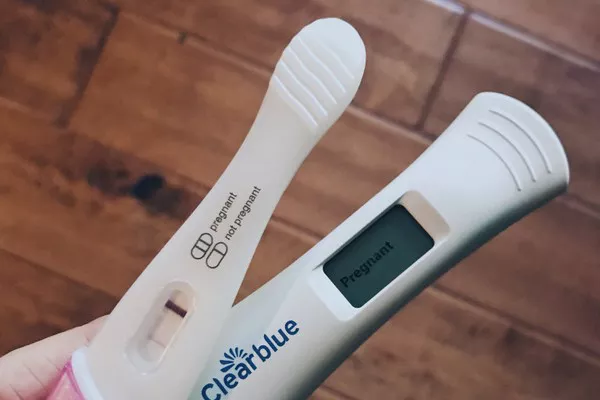As the monsoon season brings increased rainfall and humidity, creating ideal breeding grounds for mosquitoes, the threat of dengue fever looms larger, especially for pregnant women. Dengue, transmitted by Aedes aegypti mosquitoes, poses significant risks to maternal and fetal health, necessitating timely precautions and medical intervention.
Understanding Dengue Fever
Dengue fever manifests with symptoms such as fever, severe headaches, eye pain, joint and muscle discomfort, skin rashes, and in severe cases, bleeding from the nose or gums. Pregnant women are particularly vulnerable due to changes in their immune systems, which heighten the risks for both maternal and fetal health.
Health Risks During Pregnancy
Dr. Joshitha Naik, from Apollo Cradle and Children’s Hospital in Jayanagar, Bangalore, underscores that dengue infections during pregnancy can lead to severe complications such as dengue hemorrhagic fever (DHF) and dengue shock syndrome (DSS), which pose life-threatening risks. These conditions are exacerbated by physiological changes and compromised blood circulation in pregnant women.
Impact on Pregnancy
One of the significant concerns of dengue during pregnancy is its potential effect on pregnancy outcomes. It increases the likelihood of preterm labor due to the stress on the maternal body and dehydration induced by the infection. Moreover, the virus can be transmitted from mother to baby, potentially leading to complications like low birth weight or, in severe cases, stillbirths.
Complications with the Placenta
Dr. Naik further explains that dengue can adversely affect the development and growth of the fetus, sometimes triggering placental abruption—a critical condition where the placenta separates from the uterus prematurely, endangering both maternal and fetal well-being.
Preventive Measures
To mitigate the risks associated with dengue fever during pregnancy, Dr. Naik recommends several preventive measures:
Mosquito Avoidance: Minimize exposure to mosquitoes, particularly during peak biting times early morning and late afternoon. Use insect repellents containing DEET, picaridin, or IR3535, following recommended guidelines.
Environmental Control: Eliminate mosquito breeding grounds by removing stagnant water from around the home. Regularly empty, clean, or cover containers that can hold water, such as buckets and flowerpots.
Protective Clothing: Wear long-sleeved shirts and pants to reduce skin exposure to mosquito bites. Consider using permethrin-treated clothing for added protection.
Mosquito Nets: Use mosquito nets, especially during daytime naps, to reduce the risk of mosquito bites indoors.
Home Protection: Install screens on windows and doors to prevent mosquitoes from entering living spaces.
Seeking Medical Attention
Prompt medical attention is crucial if a pregnant woman exhibits symptoms of dengue fever. Dr. Naik emphasizes the importance of timely diagnosis and supportive care to manage symptoms effectively, ensure hydration, monitor for warning signs of severe dengue, and prevent complications.
In conclusion, proactive measures and early medical intervention can significantly reduce the impact of dengue fever on maternal and fetal health during pregnancy. By adhering to preventive strategies and seeking timely healthcare, expectant mothers can safeguard themselves and their unborn babies from the risks associated with this mosquito-borne illness.


